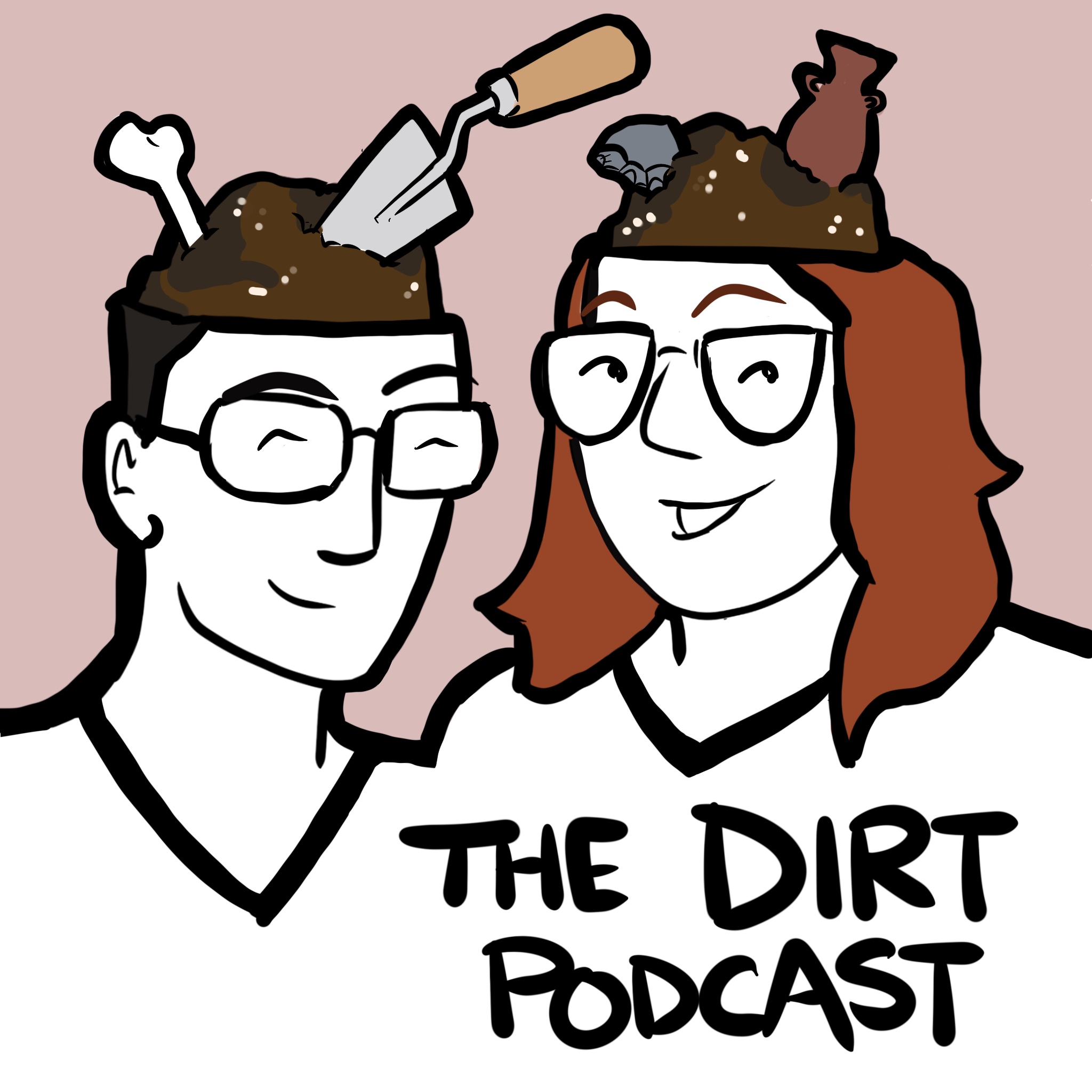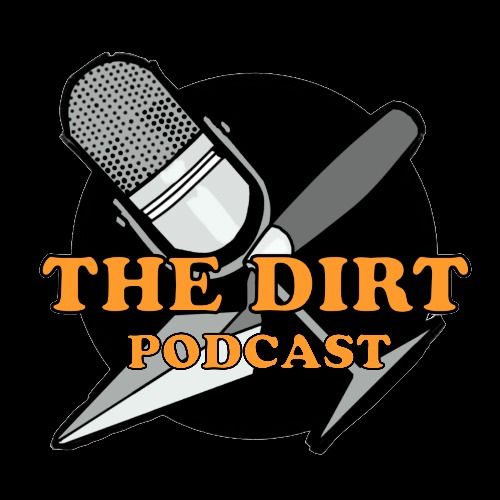bonus
Dirt After Dark: Anna's Out for Blood (Type)
Anna takes Amber through the biology and evolution of blood type, all to talk about one grifter who wants you to buy his diet book. Don't buy his diet book.
Links:
Blood Types (Red Cross)
https://www.redcrossblood.org/donate-blood/blood-types.html
Why Do We Have Blood Types?
https://www.bbc.com/future/article/20140715-why-do-we-have-blood-types
Does blood type affect COVID susceptibility? (PLOS One)
https://pubmed.ncbi.nlm.nih.gov/33984040/
Relationship between blood type and COVID infection (Seminars in Vascular Surgery)
https://www.ncbi.nlm.nih.gov/pmc/articles/PMC8286549/
Hank Campbell on debunking the D'Adamo diet:
https://www.science20.com/hank_campbell/the_blood_type_diet_debunked_again-252133
"that vegan study" (Journal of the Academy of Nutrition and Dietetics)
https://www.jandonline.org/article/S2212-2672(20)31197-7/fulltext
D'Adamo's website:

